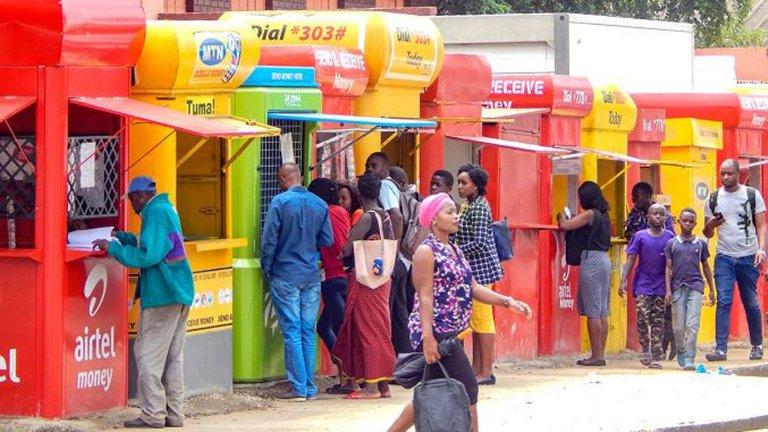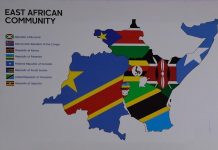Africa-Press – Rwanda. Mukamusoni Gertrude in 2016 relocated to the United States on a green Card regime and has been working there since. Her ultimate goal is to support her family back home in rural Gatsibo district, Rwanda.
She has been sending money via Worldremit to her parents that have so far bought extra farm land, built a descent family house, acquired cattle and also pays tuition for her siblings in school.
In Rwanda, like in other East African countries such as Tanzania, Kenya and Uganda mobile transfers are an important part of the low-income and rural population lives.
Apart from Worldremit there are dozens of digital payment apps embraced by Rwandans and this has been boosted by a new policy crafted during the covid-19 lockdowns.
Last year on March 19, the National Bank of Rwanda (BNR) instituted a set of rapid economic policy changes to support both businesses and individuals during the lockdown, and to further the national digitisation agenda which leads to the increase to person to person transfers, with less to zero fees.
This change has had a big impact on the value of funds that were transferred last year between the diaspora and the people back home, but also, it made mobile transfer become the new normal to all type of people.
For example, MTN’s mobile payment solutions, MomoPay, has revealed a huge difference since 2019, helping people around the country to easily get access to cash money through their mobile phone.
Rwandans can access their bank accounts by linking them to their mobile phones. This reduced the long queues at banks and ATM booths. Mobile applications no longer empower just individual users, they also help them improve and enrich their entourage livelihoods, lifestyles and boost the local economy.
For example money received through money transfer contributes in many ways to the growth and independence of most youth in Rwanda. While receiving money from abroad, they can invest on their education, investments, economic plans, and many other areas important to the evolution of the country.
The digitization process has been made possible through an expanded mobile penetration. A recent survey by statista.com compiled in a report (Number of mobile subscriptions worldwide 1993-2020) shows that, nowadays, there are more than 8 billion mobile subscriptions worldwide.
With a penetration rate growing steadily since 1993, in all areas, especially as Africa, where you can now find 95.1 mobile subscriptions per 100 residents as of 2020. There were 9.37 million mobile connections in Rwanda in January 2020. Rwanda has a population of 12 million people.
With now around three-quarters of the world’s inhabitants having access to a mobile phone, the landscape in Africa has been changing for the past years. Particularly with Mobile Money and branchless banking.
According to this report , growth around the utilization of mobile banking has created a key ecosystem based on applications in health, financial services, agriculture, and many other types of domains.
This evolution is no longer about the mobile phone itself but the applications, the content and the users help boost the economy of countries such as Rwanda.
For More News And Analysis About Rwanda Follow Africa-Press






